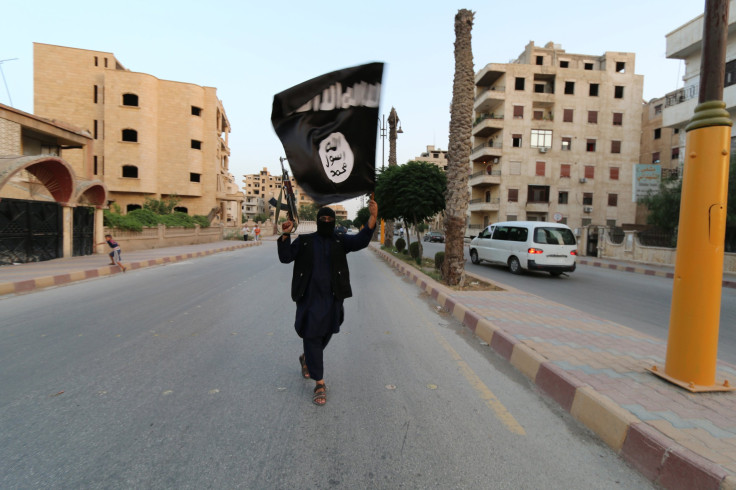Islamic State Going Broke? As Airstrikes Target Oil Revenue, ISIS Slashes Salaries, Imposes New Taxes

The Islamic State group has recently cut fighters’ salaries, increased the cost of electricity and introduced new taxes as it faces financial strain due to airstrikes targeting its oil infrastructure, the London-based analysis firm IHS reported on Monday. But the militant group still continues to bring in about $80 million per month. Unlike other terrorist groups, ISIS has generated its own revenue, mostly through taxation, confiscation and oil, rather than relying on foreign funding.
“ISIS controls the state, so they tax the population, confiscate property, can produce income from state-run businesses and from oil and gas. Other terrorist groups don’t have that,” said Columb Strack, a senior analyst at IHS.
Most ISIS revenue in its oil-rich eastern Syria province comes from confiscations, not oil. (But only 1month's data) pic.twitter.com/loulI0gQCc
— US 2016 & UK 2020 (@harry_2016) December 7, 2015
About half of ISIS’ revenue comes from levies and confiscation of property, as the group imposes a 20 percent charge on many services. Some 43 percent of its total revenue is believed to come from selling oil on the black market. The information was gathered using open-source intelligence, including social media and sources within the region.
Reports in October said that ISIS brought in up to $50 million from oil sales. The rest of the group’s revenue comes from drug smuggling, electricity sales and donations. U.S. officials would like to see Turkey tighten its borders to prevent ISIS oil from ending up on the black market.
“There are early indications that the group is struggling to balance its budget,” Strack said. “Airstrikes have significantly degraded the group’s refining capacity and ability to transport oil via tanker convoys.”
Experts: The coalition needs new efforts to cut off #ISIS revenue and its bulk cash holdings inside Iraq and #Syria. https://t.co/PvCRgiuMFd
— RAND Corporation (@RANDCorporation) December 6, 2015
ISIS leader Abu Bakr al-Baghdadi declared a caliphate last year after gaining control of large swaths of territory in Iraq and Syria. In recent months, ISIS has faced major setbacks, especially as a U.S.-led coalition focused on targeting ISIS’ oil wells and tankers. Fighters have also lost control of a number of key towns.
Leaked internal ISIS documents showed that not long after the militants declared a state in June 2014, they began thinking about mundane matters like healthcare, commerce and jobs. The 24-page document, obtained by the Guardian, was an informative blueprint for state administrators. Although ISIS has portrayed itself as a bloodthirsty militant movement seeking expansion and confrontation, analysts have long speculated that behind the fanatical religious façade is a calculating leadership.
© Copyright IBTimes 2024. All rights reserved.






















